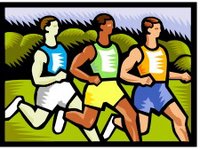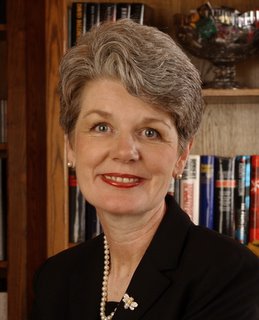The List
AND THIS IDIOTIC NOTION I’d come up with—counting my acts of service . . . Did it mean I had given up on me too? Would I no longer be able to prove myself in the grind of the work-a-day world? Did I believe this list was all I was capable of? Each mid-afternoon when I dragged myself home, I knew it might be true. Making this list might be all I was equal to. Maybe it was more important than I wanted it to be.
 I DIDN’T LIKE IT, but it wasn’t as if I had a choice. I desperately wanted to feel useful again, and I couldn’t think of any other way, so I worked on the list.
I DIDN’T LIKE IT, but it wasn’t as if I had a choice. I desperately wanted to feel useful again, and I couldn’t think of any other way, so I worked on the list. I COUNTED EVERYONE I helped. I counted everyone I prayed for. I counted everyone I offered so much as a moment’s focused attention to. When I was too tired to do anything else, I sent notes of encouragement and signed them, “The Crazy Old Lady.” And I added these to the list too. It seemed sad and futile, as if I were fooling myself, but still I did it because not doing it seemed worse than doing it.
THE LIST GREW LONGER, and I grew stronger. I began to look forward to each day. I was flexing a spiritual muscle I hadn’t know I possessed, and it was sustaining me. Who would I help next? What opportunity would come my way? It was an adventure. It was exciting . . . It was a blessing to me.
I HAD ONCE BELIEVED that time wasted could never be recovered, and that productive time resulted in items crossed off my “to do” list. I was driven by the belief that I could do more if I hurried, and in the rush, any sense of accomplishment had been crushed by a “to do” list that had no end.
NOTHING FROM THOSE DAYS made sense in my new world. In my tightly managed former life where I had believed my timeline to be unlimited, every second counted. Now that I could no longer hurry, and my time seemed short, I’d discovered how to be generous with it.
AFTER A FEW WEEKS, I was able to work most days without wearing out. I managed to do the things that were important and occasionally see to those things that weren’t.
SOME DAY I MIGHT AGAIN be able to complete the lengthy “to do” lists I once prided myself in, but maybe not. I don’t care whether I can or not. I have no need to prove myself. That’s no longer success to me.
I FEEL BETTER NOW about what I do to earn my living than I have during any of the previous thirty-seven years I spent in the work force. And I have the list to prove it.
WHAT’S THAT if not job satisfaction?
You’re blessed. Be a blessing!






